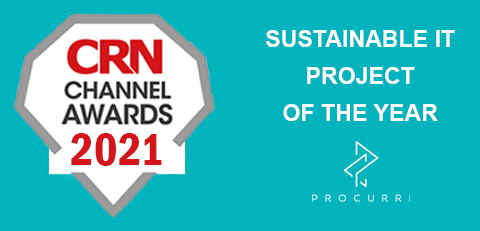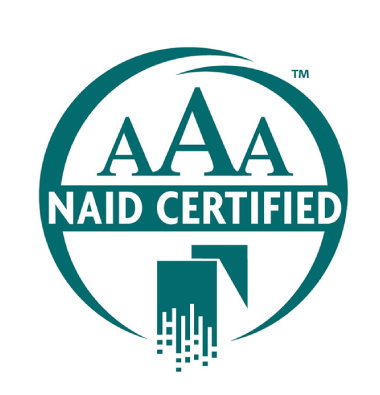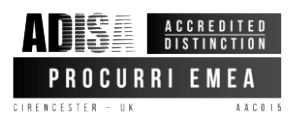The evolution of electronics in the last few decades has seen the world presented with a new challenge in sustainability: e-waste. As technology advances, old appliances, devices and equipment are made obsolete and are thrown out, unable to be recycled, creating an e-waste problem across the globe.
160,000 laptops disposed of daily in the EU. 70% of these can be reused. (United Nations)
This doesn’t have to be the case and should never continue unchallenged just because it is so often ‘the way things have always been done’. In reality, manufacturers and consumers have been so absorbed with producing and procuring fast-moving tech that sustainability and corporate social responsibility objectives have been considered just a ‘nice to have’ in business. However, now that it seems Moore’s Law is over and the rapid speed of growth and development may be slowing, there is opportunity to step back, re-evaluate and re-work sustainability goals into our strategies. This can be done easily and with no impact to business-as-usual.
66 percent of global consumers and 73% of millennials are willing to pay more for sustainable goods. (Nielsen)
Using Used or Remanufactured Hardware
IT hardware, particularly in a business environment, needs not to be brand new. In an extract taken from a study by Cranfield University and supported by Professor Mark Jolly ‘tests on remanufactured Circular Computers revealed a performance level of 96.7% against brand new’. There are many benefits of such equipment to a business; it is cheaper to purchase, freeing up cashflow for other expenditure or further IT planning. It is greener in that it delays the rapidity of waste production and prevents CO2 emissions from production and collection of raw materials. Using older equipment to its full potential for as long a lifespan as possible eliminates the need for new products to be produced and installed and promotes the Circular Economy.
Circular Computers revealed a performance level of 96.7% against brand new (Cranfield University)
Carbon Tax
As Carbon Tax increases on fossil fuels and expands to new countries and territories in a bid to end the spiralling pollution crisis worldwide, it remains to be seen what levies could be added to those doing business in an unsustainable way, particularly when it comes to the creation and disposal of e-waste. One thing is for certain, though: governments worldwide are under serious pressure to deliver on tough sustainability targets and to lead by example, and like the ‘low carbon emission zone’ introduced in London, we expect to see financial implications.
Just 1 Circular Computing laptop prevents approximately 380kg of CO2 emissions
How To Set Sustainable IT Goals
Businesses should always strive to challenge themselves when it comes to sustainability and caring for the environment – because, let’s be honest, if nothing else, it’s fantastic PR. The good news is that with the partnership of Procurri and Circular Computing, sustainability and being ‘green’ has become simple, when managed properly, it integrates beautifully to build internal efficiencies and become business as usual. Speak to our expert teams today to learn more on how you can invest in IT… without it costing the Earth, literally and financially.
.jpg?width=3508&height=2480&name=01%20Procurri%20Logo%20Full%20Color%20CMYK%20(2).jpg)













